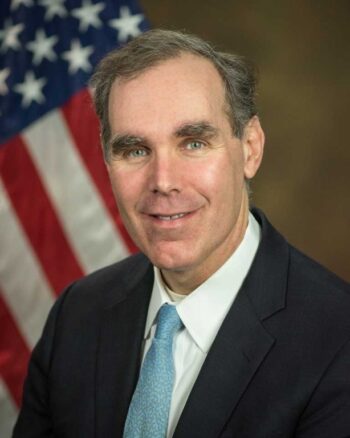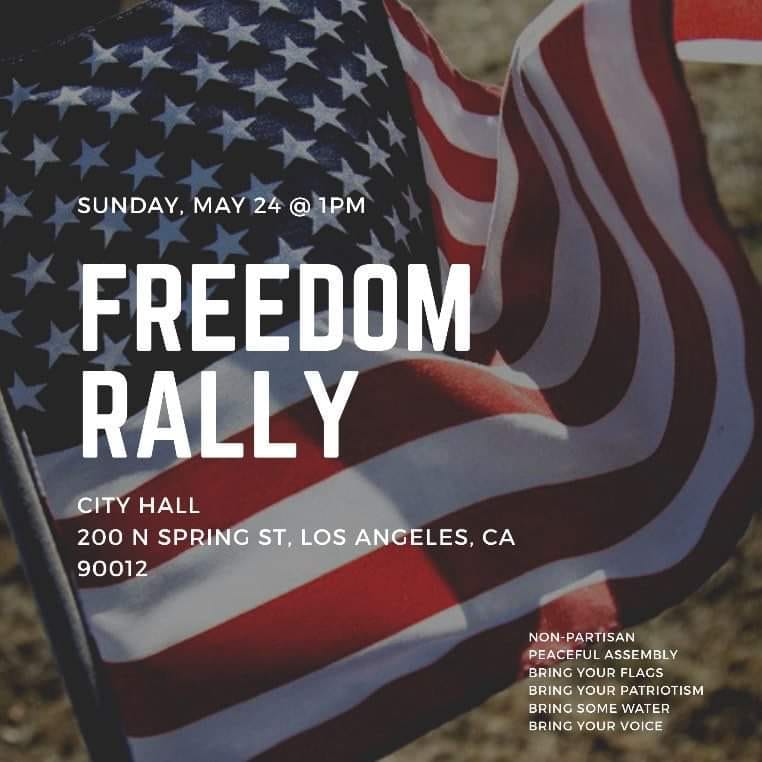A letter sent to California Governor Gavin Newsom states that the State is

discriminating against churches. The complete content of the letter is available here.
Eric S. Dreiband, Assistant Attorney General for the United States, Civil Rights Division, writes about the Executive Order N-33-20 issued March 19. 2020 by the governor ordering Californians to remain at home. The order excepted authorized necessary activities as laid out by the Public Health Officer. Going forward, the Public Health Officer’s April 28th “essential workforce list” does not appear to treat religious activities and comparable nonreligious activities the same.
Religious Activities Treated Differently Than Secular Endeavors
The Health Officer’s list allows faith-based services, but only if provided through streaming or other technologies. In-person religious services are thus apparently prohibited even if they adhere to social distancing standards. The list of nonreligious workers who are not so restricted by the Executive Order and essential workforce list when telework -is not practical – is expansive.
In-person religious services are thus apparently prohibited even if they adhere to social distancing standards.
For example, the list allows workers in the entertainment industry. The list also includes “workers supporting eCommerce” as essential, regardless of whether the products they sell are life-preserving or not. He writes that “California has not shown why entertainment studios and non-essential eCommerce are included provided they social distance, but religious gatherings with social distancing are forbidden. This facially discriminates against religious exercise.”
There is no pandemic exception to the U.S. Constitution and its Bill of Rights
Places of worship are not permitted to hold religious worship services until Stage 3. However. in Stage 2, schools, restaurants, factories, offices, shopping malls, swap meets, and others are permitted to operate with social distancing. This constitutes precisely the kind of differential treatment the Supreme Court identified in the Lukumi decision.
Even more pronounced unequal treatment of faith communities is evident in California’s Reopening Plan.
While it is true that social distancing requirements applied to places of worship may inevitably result in much smaller
congregations than some faith groups would like, in our experience with other controversies around the country. many places of worship are quite content to operate at 25% of capacity in a way that allows for social distancing between family groups. The Department of Justice does not seek to dictate how States such as California determine what degree of activity and personal interaction should be allowed to protect the safety of their citizens. However. we are charged with upholding the Constitution and federal statutory protections for civil rights. Whichever level of restrictions you adopt, these civil rights protections mandate equal treatment of persons and activities of a secular and religious nature. — ASSIST News




